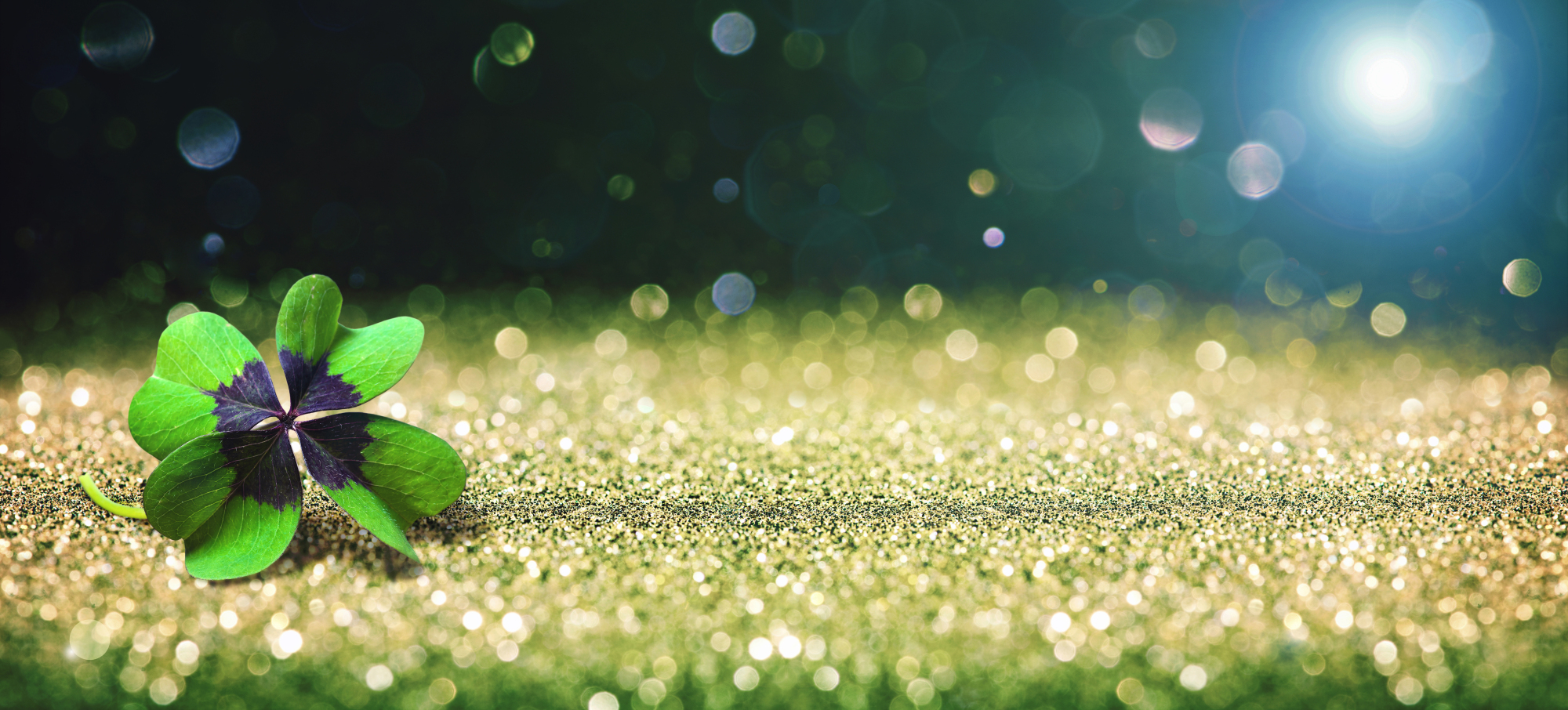With the spread of 新型コロナウイルス (shingata koronauirusu, novel coronavirus), we could all do with a dose of the luck of the Irish right about now. Luckily, it's March 17 and that means it's St. Patrick's Day around the world. 今年のパレードは中止になりましたが (Kotoshi no parēdo wa chūshi ni narimashita ga, While this year's parade has been canceled) there's still a chance you'll see various green trinkets around Japan. After all, leprechauns and shamrocks are associated with 幸運 (kōun, great fortune) and that's exactly what we need.
It's true that all those things are signs of luck overseas as well, but other beliefs, superstitions and legends about both good and bad luck are, of course, different depending on the culture you're raised in. In North America, 黒猫が前を横切ると縁起が悪い (kuroneko ga mae o yokogiru to engi ga warui, if a black cat crosses in front of you, it's bad luck). In Japan, though, 黒猫 were traditionally thought to bring good luck and, to single women, potential suitors. Nowadays, it seems some of us have adopted the Western view of black cats, though.
Diving head first into Japanese 迷信 (meishin, superstition), let's first check our ears. Why? Well, the story goes that 福耳はお金持ちになる (fukumimi wa okanemochi ni naru, plump earlobes mean you'll be rich). This superstition is linked to the religions of 仏教 (bukkyō, Buddhism) and 神道 (shintō, Shintoism) as both 仏 (hotoke, Buddha) and 恵比寿様 (Ebisu-sama, Ebisu), the god of business and fishing who is one of the 七福神 (shichifukujin, seven gods of good fortune) have big earlobes.



